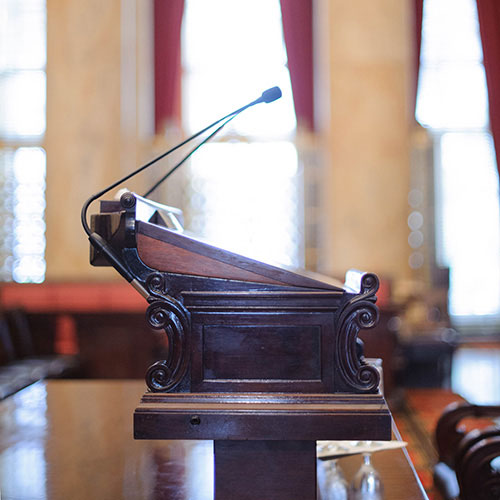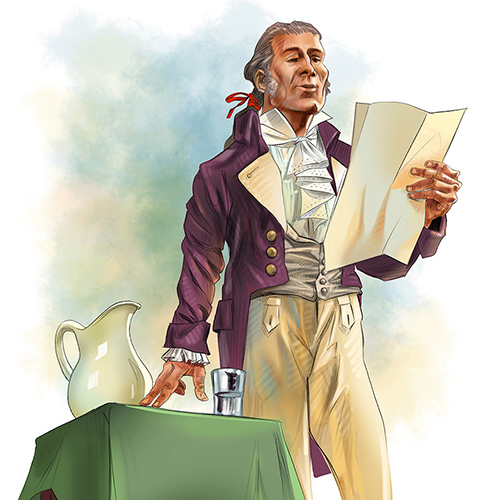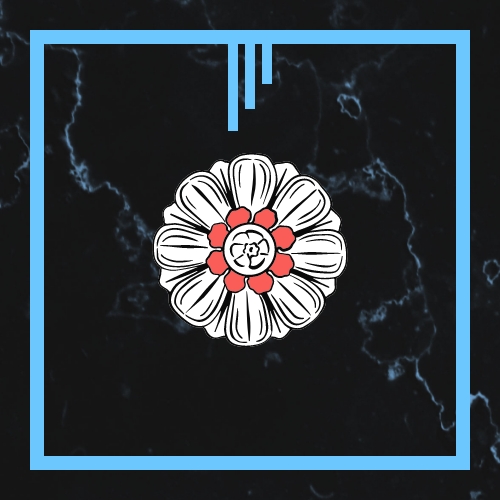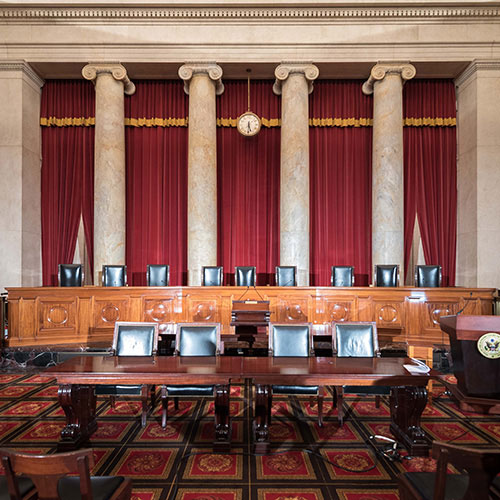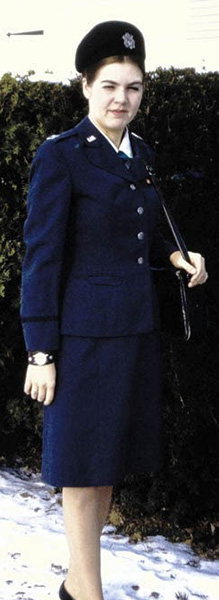
For women’s history month, we honor Sharron Frontiero (Cohen), the plaintiff in the first case Ruth Bader Ginsburg argued before the Supreme Court as a lawyer for the ACLU Women’s Rights Project. An Air Force Lieutenant, Sharron had sought an increased housing allowance after she married, as well as dental and medical benefits for her husband, a college student. At the time, federal law said that a married man in the armed forces was automatically entitled to such perquisites, but a married servicewoman had to prove that her husband was dependent on her for more than one-half his support.
The ruling the Supreme Court issued in Frontiero v. Richardson (1973) was pivotal in the development of gender discrimination law as it established that laws treating men and women unequally should be subject to heightened scrutiny.
Sharron did not attend the argument because she didn’t know she could just turn up at the Court and get a seat. “The patient after whom the disease is named” she jokingly called herself, referencing the landmark decision bearing her name.
She did finally get to meet Justice Ginsburg in 1999, when she and her family visited the Supreme Court. As she told NPR’s Story Corps, Sharron was struck by Ginsburg’s “tiny voice,” adding “the silence of her was like an engine at the middle of the universe.”
As Sharron was leaving their meeting, she recalled that Justice Ginsburg “stepped up and hugged me and said, ‘It’s all right to be a hero.’ ” Sharron explained to Story Corps her thoughts on being considered a feminist hero:
“She used to characterize me as humble and self-effacing, which I am not. It’s that I never owned the part in Frontiero v. Richardson that other people wanted me to own. I never felt that I did it. I walked into a lawyer’s office and said, ‘Help me get my money.’ And I think that she was trying to tell me that it was OK to own my part.”

